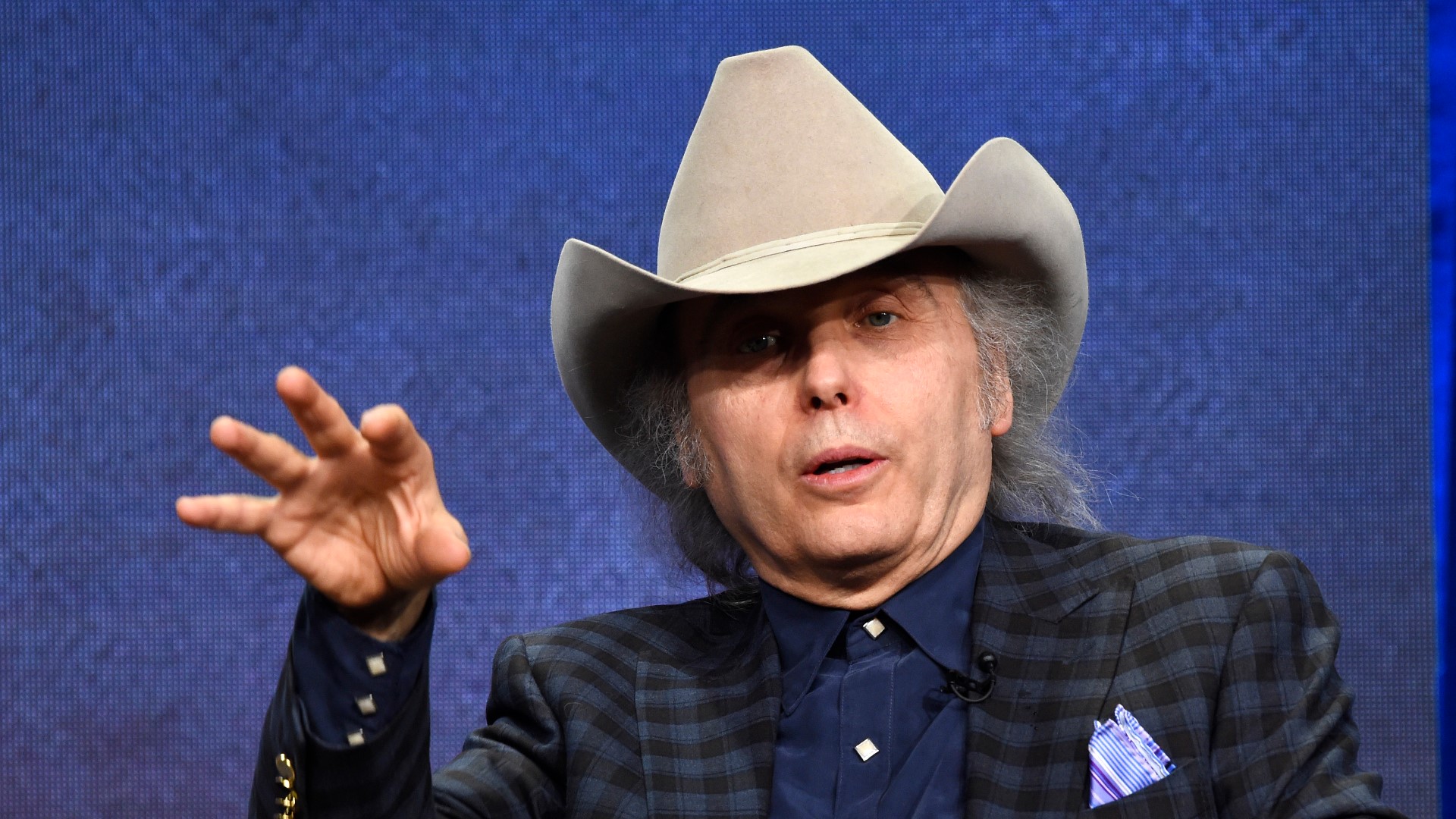
She’ll Remember — a reflective twist in Dwight Yoakam’s honky-tonk chronicle
When Dwight Yoakam released his sixteenth studio album Blame the Vain on June 14 2005, it marked a turning point: he wrote every song and took full production control for the first time. Nestled within its track list is the song She’ll Remember (track 8, running about 5:26).
Although the album didn’t spawn a major hit single in the U.S.—in fact the leading single only reached No. 54 on the country chart—Blame the Vain peaked at No. 8 on the U.S. Billboard Top Country Albums and No. 54 on the Billboard 200.
In “She’ll Remember”, Yoakam opens with an unusual flourish: a synthesizer-led introduction, then his voice speaking in a somewhat British-accented tone, before settling into full-honky-tonk groove. Critics noted this as one of the more adventurous cuts on the album.
At its heart, the song is a meditation on memory, absence and the lingering echo of a relationship that has already ended. The lyricism—with the title phrase “she’ll remember” repeating like a quiet omen—invites the listener into a space of looking back, of asking: what remains after the laughter, the dance, the shared nights? What does she carry with her now that she is gone?
Musically, the piece straddles that fine line between country tradition and subtle experimentation. The drive of the honky-tonk rhythm, the steel guitar shimmering underneath, keeps one foot firmly in Yoakam’s Bakersfield-inspired lineage. Yet the spoken intro, the synthesizer texture, suggest an artist restless to push beyond familiar terrain. For a mature audience, especially those who walked beside Yoakam through his earlier hits and albums, the song feels like a moment of quiet reckoning: not the youthful swagger of “Honky Tonk Man” or “Guitars, Cadillacs”, but a deeper, reflective tone.
If you let the song wash over you, you might imagine a dimly-lit bar after midnight, empty chairs pushed aside, and two people who once held hands now separated by time yet haunted by it. The narrator suggests that she will remember—not so much the big moments as the small ones: the way his voice cracked when he laughed, the cigarette smoke drifting through an open window, that last dance under a neon glow. And in that remembering, there is both pain and beauty: pain because the dance is over, beauty because it mattered.
In the broader context of Yoakam’s career, “She’ll Remember” embodies his transition into a phase where he doesn’t chase radio success so much as excavate emotional truths. Fans of country music who have grown older alongside him will find in this song an older, wiser voice—not diminished, but deepened. It’s a testament to the idea that the stories worth telling later in life are often the ones that linger quietly, not those that shine brightly and fade fast.
So sit back, let the melody roll gently, and as the words drift by ask yourself: what will you remember? And who will remember you? In those soft spaces where time settles, “She’ll Remember” speaks.